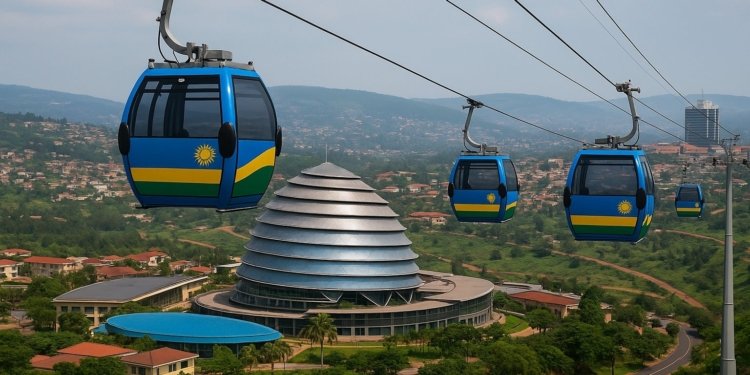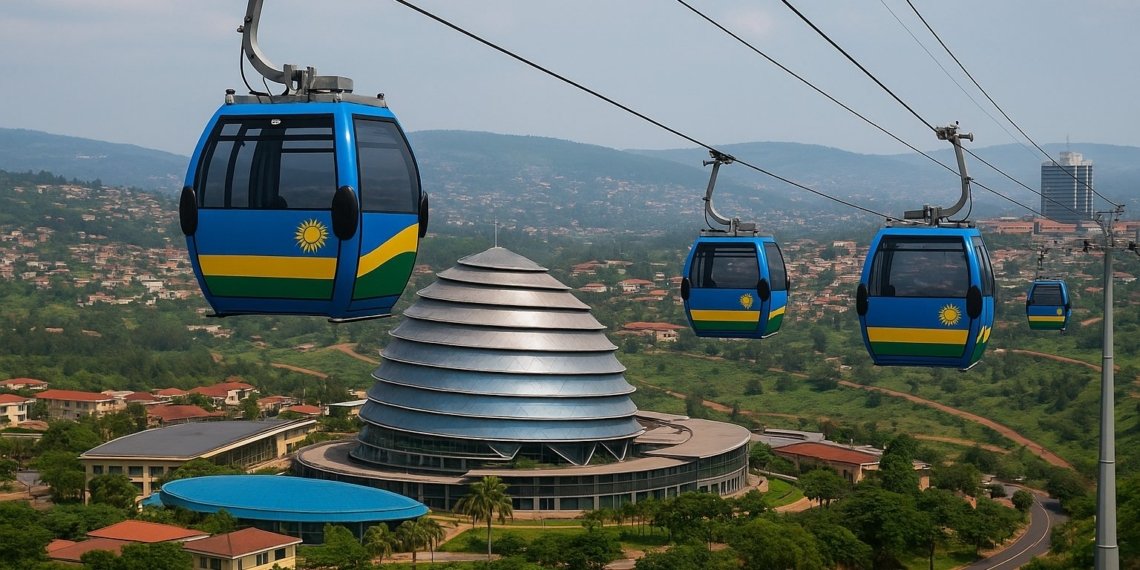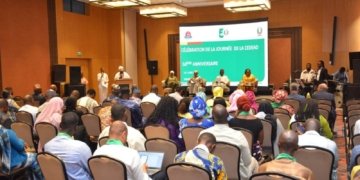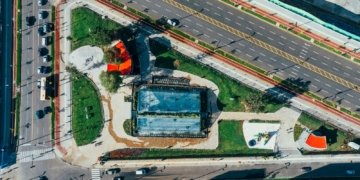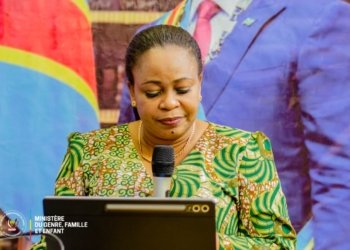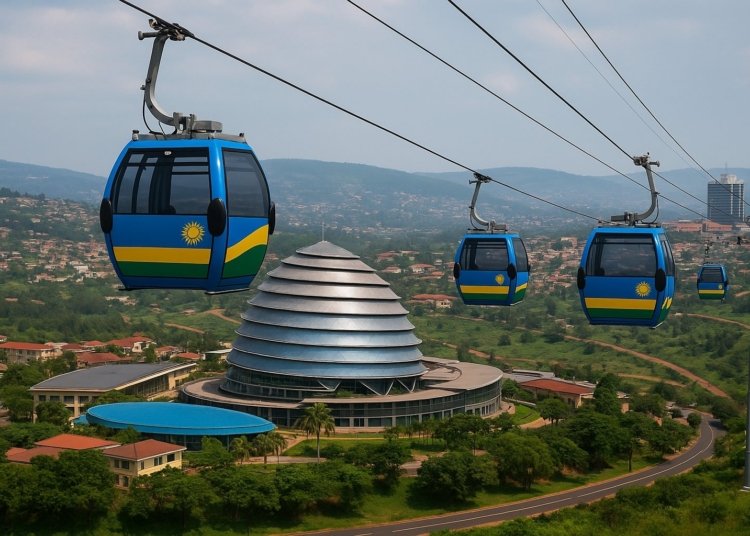KIGALI – Rwanda’s capital, Kigali, is preparing for a major shift in how residents move through the city, with new investments aimed at making daily commutes safer, faster, and more inclusive.
Two major initiatives backed by the World Bank and the African Development Bank will reshape the capital’s transport landscape, improve access to jobs and services, and create thousands of employment opportunities.
In June, the World Bank approved $100 million in financing for the Rwanda Urban Mobility Improvement Project.
The effort focuses on safer, greener, and more reliable transport across Kigali, addressing long-standing challenges such as inadequate public transit, limited walking and cycling infrastructure, traffic congestion and road safety.
Plans include a new multimodal hub in Nyabugogo, dedicated bus lanes, expanded sidewalks and cycling paths, and electric buses with charging stations.
“The project will unlock access to jobs and services, particularly for women and youth, and support Kigali’s ambition to become a public transport oriented and climate-smart city,” said Sahr Kpundeh, World Bank Country Manager for Rwanda. “It is also about making every day journeys reliable, safer, and more inclusive.”
Currently, only about a third of jobs in Kigali are reachable within an hour by public transport. By 2030, the Nyabugogo hub alone is expected to serve up to 180,000 passengers daily, supporting regional and local commerce and mobility.
The project also aims to address gender disparities in the transport sector, where women currently make up just 4.2% of the workforce.
Meanwhile, the African Development Bank has committed a $500,000 grant to support a feasibility study for the Kigali Urban Cable Car Project, a $100 million initiative that would introduce sub-Saharan Africa’s first aerial urban transit system.
The cable car is expected to ease traffic congestion and reduce emissions while connecting underserved communities to economic opportunities.
“This transformative project aligns perfectly with the Bank’s vision for sustainable, green climate-resilient urban mobility infrastructure,” said Dr. Akinwumi Adesina, president of the African Development Bank Group.
The cable car’s first phase will span 5.5 kilometers, connecting key city hubs such as Nyabugogo, the central business district, the Kigali Convention Center and Kigali Sports City.
Construction is set to begin in 2026, with operations launching in 2028 and capacity to carry over 50,000 passengers per day.
Both projects support Rwanda’s national goals for climate action and inclusive urban development while strengthening Kigali’s position as a leader in modern, accessible transport systems.
